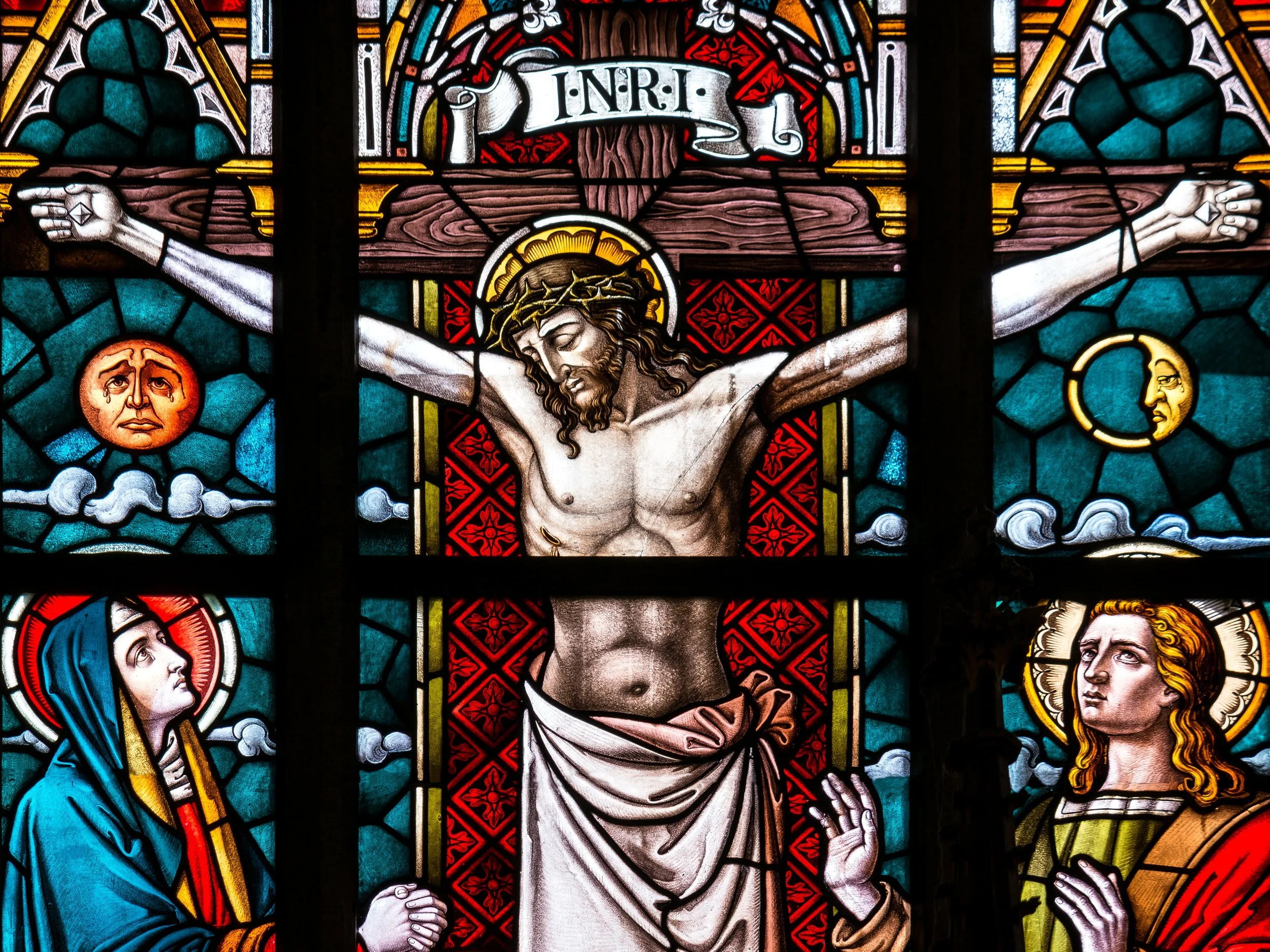The title of this article is punctuated with a question mark because of the embryonic stage at which it is being put forward. In his latest two-part series, “Advent Christians in the 21st Century”, Corey McLaughlin has set before us what is in my estimation one of the most pivotal reflections on Adventism in late Advent Christian history. Conditionalism has dominated Advent Christian identity in the latter part of our history, but McLaughlin has reminded us of our other hand, in fact what was once our dominant hand, which is our Adventism.
Read MoreThe passionate, zealous, spirit of the Second Advent movement is still sought today by many in the Advent Christian denomination who pant with drought stricken desperation for the same radical demonstrations of faith as our early brethren. David Platt’s challenging call in Radical: Taking Back Your Faith From The American Dream, and John Piper’s Don’t Waste Your Life capture the essence of this spirit many seek while avoiding the pitfalls of fanaticism and abuse.
Read More“Life can only be understood backwards; but it must be lived forwards,” says Søren Kierkegaard. This is all the more crucial for the new generation of Second Adventist leaders as they ponder the four stages of social movements and apply them analogously to our denomination, noting that we are currently in the final stage of decline and therefore soon failure. The grave is dug, the tombstone is written, but the body has yet to fall. Is there yet still vibrant life in this mortal frame? In order to understand who we are, we must first look back:
Read MoreAbigail Messer was born on August 31, 1811 in the town of New London, NH to Zaccheus Messer and Hannah Hutchins Messer. She was one of nine children, living in a large house with all of her siblings, her parents, and a grandmother.
Read MoreThe questions surrounding the propriety and appropriateness of women in ministry have always seemed to be a popular topic for conversation, and it has at times caused much controversy and dissonance among church fellowship.
Read MoreEdward Fudge’s life story has been summarized, written up in detail and even made into a movie already, so the only thing that I want to say about him is what he has meant to us as Advent Christians.
Read MoreWithin the context of the Reformation each sola affirms something and denies something else. The final authority of the church is sola Scriptura (by Scripture alone) rather than tradition.[1] Salvation comes sola fide (by faith alone) rather than by a combination of faith and good works,[2] as well as sola gratia (by grace alone) which excludes any and all human effort or cooperation, in solus Christus (Christ alone) as the only mediator of that grace rather than penance, sacraments, the Priests, the heavenly Saints, or Mary, all to and for soli Deo Gloria (Glory to God alone) rather than man.
Read MoreThe first time Martin Luther thought he was going to die he cried out, “O, Mary help!”[i] The second time, only a few years later, during a mighty thunderstorm he fell off his horse and screamed, “Save me, St. Anne, and I’ll become a monk!”[ii] Years later after washing in the cleansing waters of Gospel grace and drinking the living water of Gospel life thus truly becoming born-again he would launch the Protestant Reformation. In one sermon he would reflect back soberly saying, “St. Ann was my idol.” He told the congregation the despicable truth of the human heart is that “it is easier for us humans to believe and trust in everything else than in the name of Christ, who alone is all in all…”
Read More







